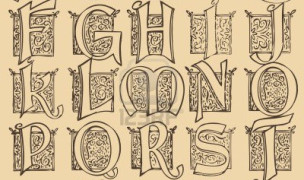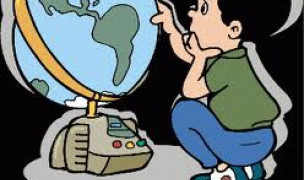 2 Terms
2 TermsHome > Industry/Domain > Biology; Medical > Human genome
Human genome
The human genome consists of 23 chromosome and the small mitochondrial DNA. 22 of the 23 chromosomes are autosomal chromosome pairs and the last one being a gender-determining pair. In total, the human genome contains the sequences of the 3 billion chemical base pairs that make up human DNA and approximately 20,000-25,000 genes. By understanding human genome, scientists are able to develop new medical applications that can significantly advance the state of health care.
Contributors in Human genome
Human genome
false positive result
Medical; Human genome
A test result which indicates that an individual is affected and/or has a certain gene mutation when he or she is actually unaffected and/or does not have the mutation; i.e., a positive test result ...
electrophoresis
Medical; Human genome
1) A method of separating large molecules (such as DNA fragments or proteins) from a mixture of similar molecules. An electric current is passed through a medium containing the mixture, and each ...
extraocular muscles
Medical; Human genome
1) The muscles that move the eye. Included in this group are the medial rectus, lateral rectus, superior rectus, inferior rectus, inferior oblique, superior oblique, musculus orbitalis, and levator ...
excretion
Medical; Human genome
1) The act or process of excreting. 2) Something eliminated by the process of excretion that is composed chiefly of urine or sweat in mammals including humans and of comparable materials in other ...
electron
Medical; Human genome
An elementary particle consisting of a charge of negative electricity equal to about 1. 602 x 10-19 coulomb and having a mass when at rest of about 9. 109534 x 10-28 gram or about 1/1836 that of a ...
failure to thrive
Medical; Human genome
1) Inability to grow and develop normally. 2) A condition in which an infant or child's weight gain and growth are far below usual levels for age. 3) Growth disorder of infants and children due ...
etiology
Medical; Human genome
1) Process of identifying the cause of a particular disease or disorder. 2) The cause or origin of disease.
Featured blossaries
mihaela1982
0
Terms
1
Blossaries
0
Followers
French origin terms in English
 2 Terms
2 Terms
Jessehe
0
Terms
2
Blossaries
16
Followers
Chinese Loanwords in English
 8 Terms
8 Terms
